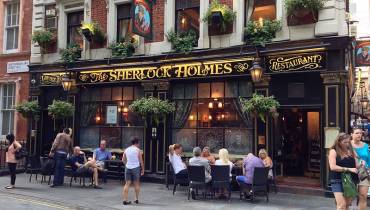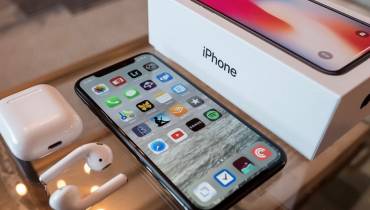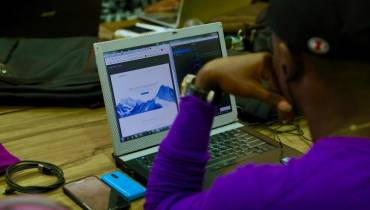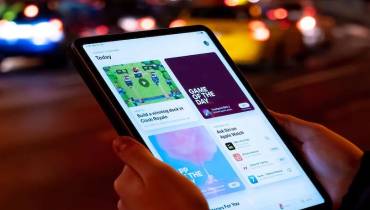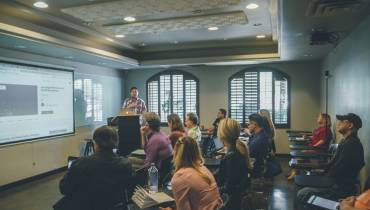Vaccine Passport: 32% of People Opposed to It Would Change their Mind
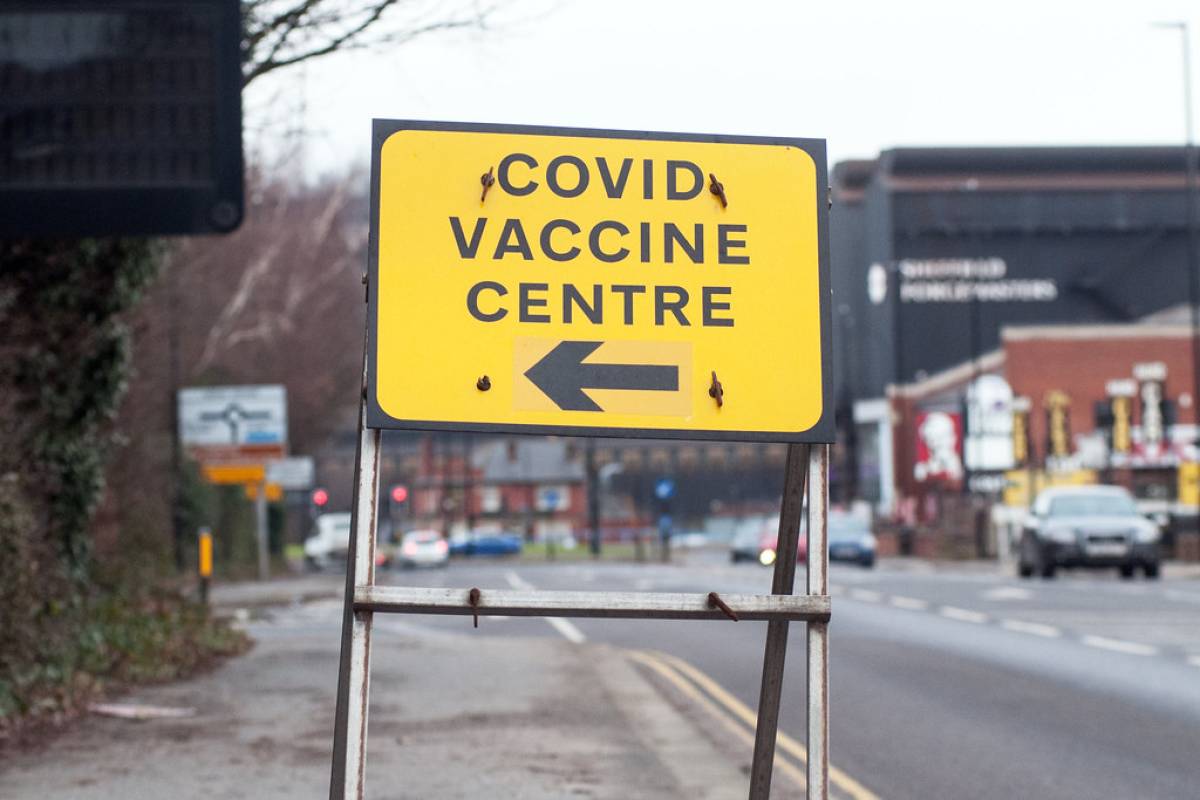
COVID-19 Vaccination Centre - Sheffield Arena, UK. Photo: Tim Dennell/Flickr.
Following on from the UK Prime Minister’s recent announcement regarding the govts review of vaccine certificates or "passports" as a feature in COVID-19 recovery plans, new research has revealed that nearly 6 million more Britons could be convinced of the value of vaccine passports, if their use might save local high-street businesses.
According to the study commissioned by UK health app/platform myGP that polled respondents in England during the month of December 2020, 31% of UK businesses who have paused trading or are temporarily closed have no or low confidence in surviving the next three months. 55% have less than 6 months’ cash reserves and as many as 10% of businesses currently not trading listing no cash reserves at all. This is particularly problematic for arts, entertainment, hospitality, and sports venues - businesses who rely on operating at capacity to stay afloat.
And although lockdown measures are due to be lifted throughout the Spring and early summer, social distancing requirements are likely to remain in place for some time as we push toward herd immunity, putting businesses who rely on operating at capacity at further risk of permanent closure.
This means that the 6 million who would re-consider vaccination and vaccination passports if their local venues and businesses were facing closure, could be the key to reaching herd immunity in England.
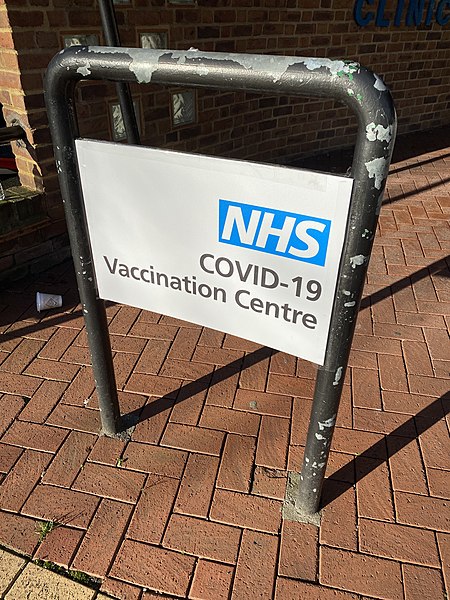
COVID-19 Vaccination Centre (general Practice) December 2020. Photo: Whispyhistory/Wikimedia
Vaccine passports could encourage a further 6 million people to be vaccinated
- New research from myGP has indicated that - of the 34% of Britons who do not support the idea of vaccine passports - a third of them (32%) would change their minds if their favorite high-street venue was at risk of closing
- This indicates that a further 6m residents of England would support the use of vaccination and vaccine passports to save local businesses; particularly those who count on operating at capacity to stay in business
- 92% of public-facing businesses would consider inviting only vaccinated customers back into their premises as a short-term, but urgent lifeline
- The myGP TICKet feature within the myGP app is the first NHS assured vaccine verification feature in the UK and begins beta testing on 15 March.
Hillary Cannon, Director of the myGP TICKet Innovation, comments on why vaccination verification technology really is key to the survival of small businesses in particular:
“We all know that lockdowns and social distancing has brought arts and events venues, restaurants, and the hospitality sector – all of our most beloved industries– to their knees. We also know that these venues rely on opening at capacity, so social distancing measures don’t help. Vaccine passports achieve two critical objectives – allowing venues to open safely at capacity and encouraging uptake of the vaccine across the population.”
myGP – an independent healthcare management app offering the opportunity to book an online doctor appointment – has been inundated with enquiries from business owners after announcing its intention to provide the people in England with a simple, clear means of communicating their verified vaccination status, via the myGP TICKet feature within their app. 92% of owners of independent public-facing businesses confirmed that they are considering inviting customers who can prove their vaccination status back as soon as possible at capacity events, in an attempt to avoid looming closures.
The myGP TICKet, which begins beta testing in mid-March, will allow businesses whose viability depends upon operating at capacity – such as the retail, leisure, the arts and hospitality sectors – the ability to open either full or part-time to vaccinated individuals, without the need to observe strict social distancing rules.
In addition, the technology will reduce the administrative burden on GPs, who will likely be busy with requests for verification of vaccination status as people begin to return to everyday life around the country.
Dr William Budd, research clinician and advisor to myGP, said:
“It's really encouraging to see this type of innovation, particularly given the positive comments relating to the Oxford vaccine in The Lancet. Speeding up a return to normal with this technology and a vaccine that looks to prevent transmission is a brilliant combination.”
myGP - home to the myGP TICKet feature - is developed by Hammersmith-based iPLATO Healthcare. Currently available to patients at 97% of England’s GP practices, myGP has spent years working alongside the NHS to gain NHS accreditation. As a result, the app already enables over two million patients in England to view their medical records, request repeat prescriptions, request GP appointments, and access other complementary healthcare services.
More than 200,000 patients in England have accessed their medical records via the app in just the last two months.

![9 Tips for Managing Your Online Writing Projects Efficiently [node:titile]](/sites/default/files/styles/thumbnail_rectangle/public/open-book-laptop-online-writing-tips.jpeg?itok=iq4PIT7b)






